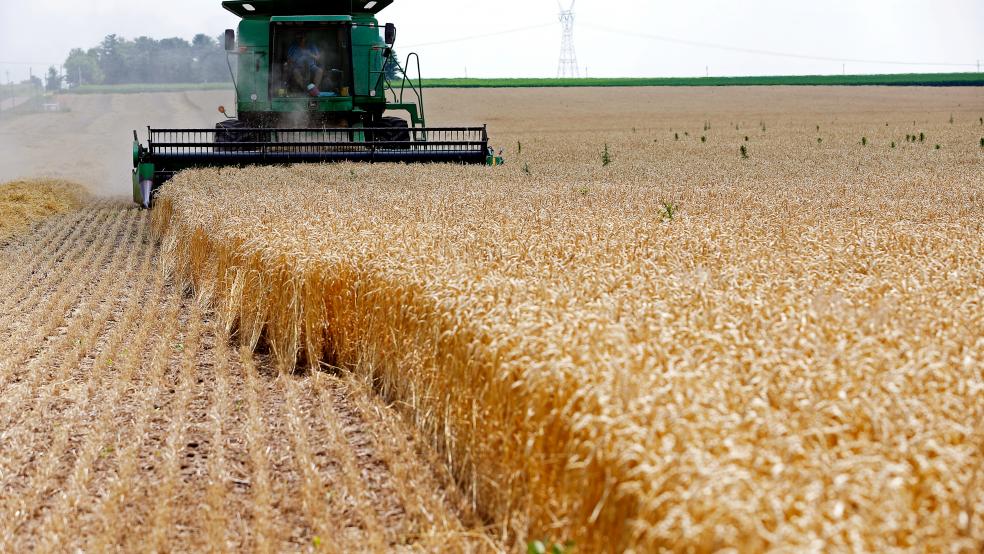Lawmakers in the House released a long-awaited $1.5 trillion farm bill on Friday, kicking off an effort to complete one of the few remaining major pieces of legislation left in the current Congress. The bill touches on numerous contentious issues, however, and there is no guarantee it will pass before the end of the year.
The farm bill, which funds nutrition, commodity and conservation programs, is typically renewed every five years, though the last one ended in 2023 and is now operating under a one-year extension that expires at the end of the fiscal year in September. Released by House Agriculture Committee Chair G.T. Thompson, a Republican from Pennsylvania, the 942-page Farm, Food, and National Security Act of 2024 will be marked up in committee next week.
The bill in its current form includes provisions that have drawn significant criticism from Democrats, raising questions about its ability to win approval in the House or succeed in being reconciled with a separate version offered by Senate Agriculture Chair Debbie Stabenow, a Democrat from Michigan.
One particularly controversial provision would change the way benefits in the Supplemental Nutrition Assistance Program (SNAP) are calculated. Future increases in benefits would reflect inflation only, while restricting the Department of Agriculture's authority to update cost estimates using real-world grocery budgets. The rule change would save an estimated $27 billion over 10 years.
Rep. David Scott, the senior Democrat on the agriculture committee, slammed the proposal. “House Republicans plan to pay for the farm bill by taking food out of the mouths of America’s hungry children,” he said in a statement. “The economic impact of the SNAP cuts alone would be staggering. A $27 billion reduction in food purchasing power would not only increase hunger, but it would also reduce demand for jobs in the agriculture, transportation, manufacturing, and grocery sectors.”
Thompson rejected the Democratic criticism, saying that the upcoming markup process “should not be compromised by misleading arguments, false narratives, or edicts from the Senate.”
After meeting with House Democratic Leader Hakeem Jeffries earlier this week, Stabenow and Scott released a joint statement calling on House Republicans to offer a bill that can gain bipartisan support. “House Republicans are undermining this goal by proposing policies that split the broad, bipartisan coalition that has always been the foundation of a successful farm bill,” they said. “We need a farm bill that holds the coalition together and upholds the historic tradition of providing food assistance to our most vulnerable Americans while keeping our commitment to our farmers battling the effects of the climate crisis every day.”
The bottom line: House lawmakers will battle in committee next week over the massive farm bill, with a particular focus on food assistance programs, which account for about 80% of the overall spending level. The real battle, however, may be with the Senate, where Democratic leaders have vowed to avoid any cuts to nutritional programs.
“I want a farm bill,” Stabenow told The New Republic’s Grace Segers last week, “but we’re not going to go backward on nutrition.”




